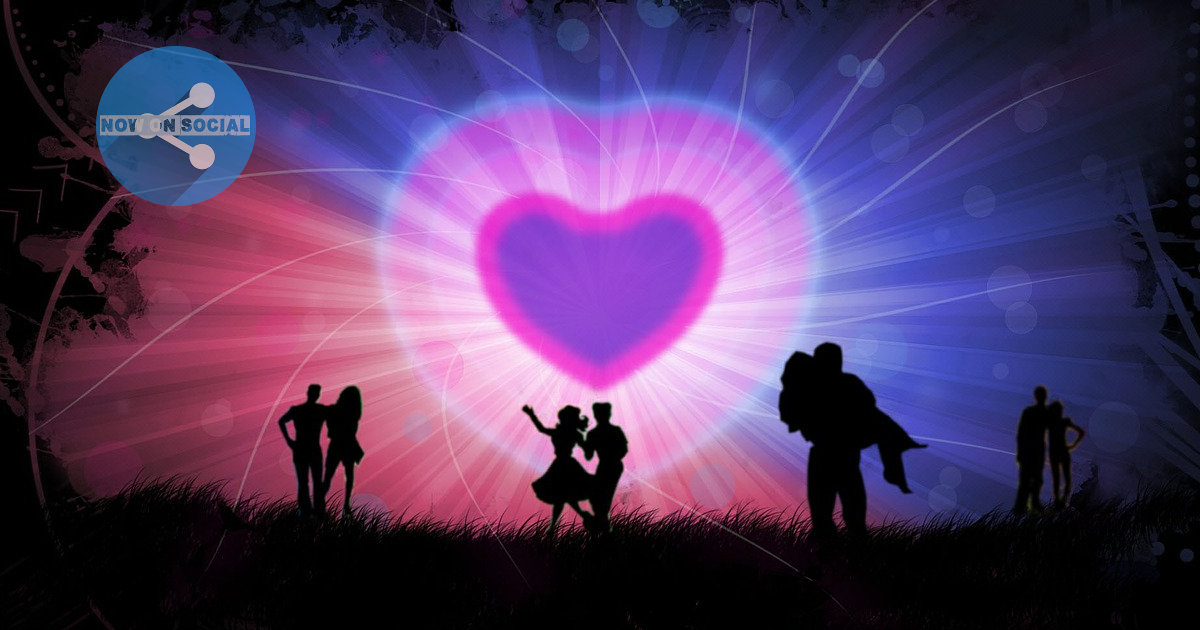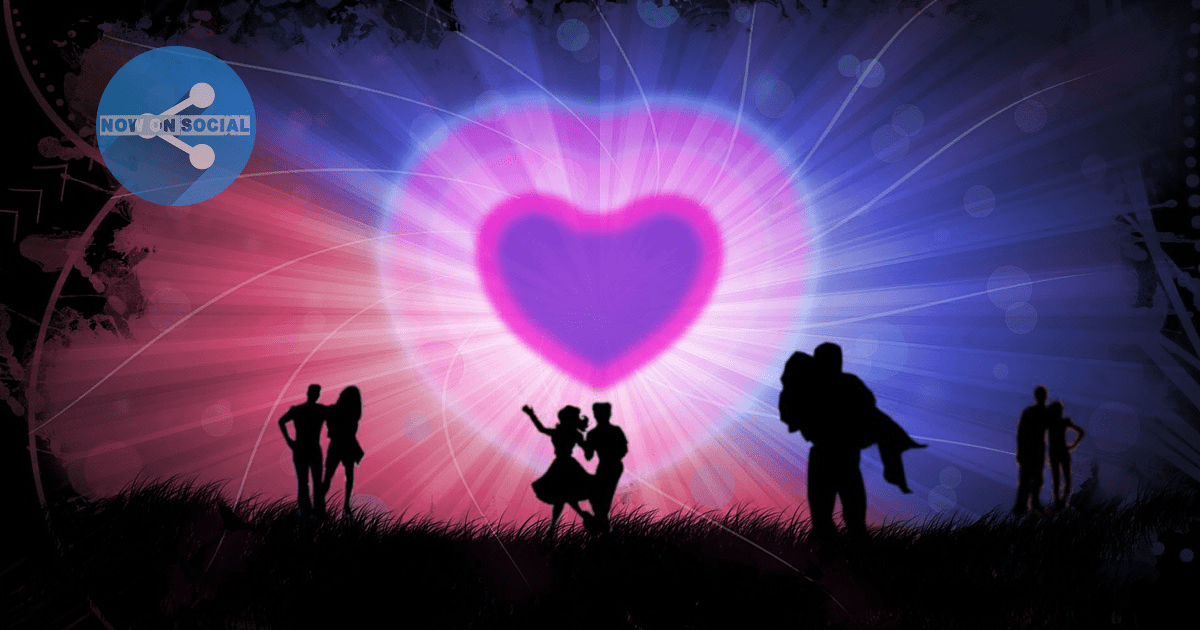Social Media’s Impact on Relationships
In a relevant article for all of us “social media addicts,” Shelley Galasso Bonanno, M.A. reflects at PsychCentral. Happy Valentine’s Day!

Human beings yearn for connection and belonging. Numerous studies have linked social support to positive mental health. Additional studies have cited the negative emotional impact of loneliness. Research has further revealed people with fewer social relationships die earlier on average than those with more social relationships. Yet with the rise of social media, there are concerns many people appear to be substituting virtual, online connections for real-life, social relationships.
There is no question the Internet is an enormously popular, convenient and immediately gratifying way to connect with others. Social media sites such as Facebook cite nearly one billion users worldwide. It certainly offers us an instant audience and attention. It allows us the luxury of easily keeping in touch. It can help combat feelings of loneliness. It allows us to keep tangible markers of times and places, archived for us, and available for all to see.
There is no question the Internet has offered many a convenient way to locate, reconnect and rekindle relationships that otherwise may have been lost. But what precisely does “friending” individuals on sites such as Facebook offer in the form of emotional connection? Many question the superficiality of such “friendships,” which often leave one frustrated, lonely and struggling to connect on a deeper, more emotionally meaningful level. And there is concern that individuals might forego their real-life interactions in order to maintain online communication.
Many of those we “friend” on Facebook are also real-life friends. Should we be concerned about a trend toward developing online network connections instead of nurturing face-to-face relationships? How influential are our online “friends” able to be if we do not maintain a real-life relationship with them? As with anything, balance seems to be the key. Real-life relationships are unmatched for emotional and physical closeness.
Studies and personal experience reveal people tend to put their best foot forward while interacting on social media. Displays of emotional weakness, insecurity, or conflicts generally tend to be concealed or minimized on social networking sites. It is often difficult, if not impossible, on social media to reveal the qualities that define deep, intimate relationships. While our social media friends offer us a great deal, it is not a true substitute or even supplement for real-life interactions with others.
Social support can be a strong predictor of positive mental health. Emotional support has been shown to protect us from a wide array of both psychiatric and physical ailments. But unlike online friendships, real-life relationships take time and effort. They help us learn about others and ultimately ourselves.
Online friendships, while certainly valuable in many ways, lack the ability to provide us with opportunities for deep and lasting emotional closeness. So accept and seek out your online friends, rekindle lost connections and revisit childhood friendships, as long as it is not at the expense of nurturing and deepening your real-life relationships.
References
Cacioppo, J.T., & Patrick, B. (2008). Loneliness: Human nature and the need for social connection. New York, NY: Norton.
Cacioppo, S., Capitanio, J.P., & Cacioppo J.T. (2014, September 15) Toward a Neurology of Loneliness. Psychological Bulletin. Advanced online publication.
Cohen, S. (2004). Social Relationships and Health. American Psychologist, 674-84.
Geller, J. (2000). Loneliness: An overlooked and costly health risk factor. Minnesota Medicine, April 2000, vol. 83.
Holt-Lunstad, J., Smith, T.B., & Layton, J.B. (2010). Social relationships and mortality risk: A meta-analytic review. PloS Medicine, doi: 10.1371/journal.pmed.1000316
Holt-Lunstad, et al., Loneliness and social isolation as risk factors for mortality. Perspect Psychol Sci, doi: 10.1177/1745691614568352, published online 11 March 2015.
Seeman, T.E. (2000). Health promoting effects of friends and family on health outcomes in older adults. American Journal of Health Promotion, 14, 362-370.
Stern, V. (2008). So lonely it hurts: Chronic loneliness alters genes and increases risk for life threatening diseases. Scientific American Mind, June/July, Vol. 19 (3).
 Shelley Galasso Bonanno, M.A. is a limited licensed psychologist, mediator, and psychodynamic psychotherapist who has worked as a consultant and in private practice with individuals and families for more than 27 years. Her writings have appeared in various print and web publications. She is a contributing writer for Macomb Now Magazine where she authors a featured column focusing on relationships. She has a passion for social media and tweets about topics of #psychology and #mental health. You can follow her on Twitter @shelleybonanno.
Shelley Galasso Bonanno, M.A. is a limited licensed psychologist, mediator, and psychodynamic psychotherapist who has worked as a consultant and in private practice with individuals and families for more than 27 years. Her writings have appeared in various print and web publications. She is a contributing writer for Macomb Now Magazine where she authors a featured column focusing on relationships. She has a passion for social media and tweets about topics of #psychology and #mental health. You can follow her on Twitter @shelleybonanno.
View all posts at PsychCentral by Shelley Galasso Bonanno, MA
Tags: Relationships







0 Comments